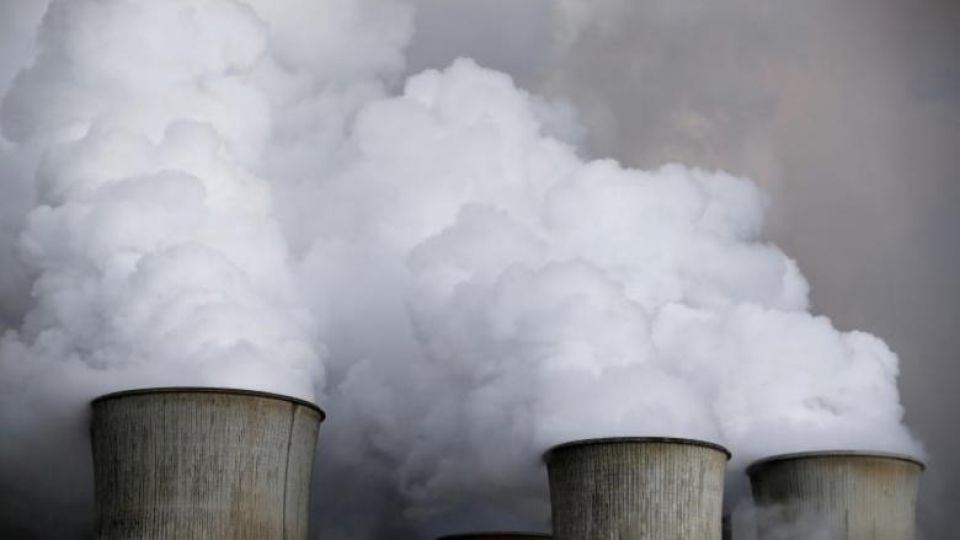March 10, 2022
SINGAPORE – The consequences of the war in Ukraine, the risk of sustained higher inflation and slower growth, even as the climate crisis and future pandemics loom, mean that the world is in for a “perfect long storm” that will not pass any time soon, Senior Minister Tharman Shanmugaratnam said on Wednesday (March 9).
While this confluence of factors makes for a new era of global fragility, there is also immense opportunity for investment in innovation to shape a better and more sustainable world, said Mr Tharman, who is also chairman of the Monetary Authority of Singapore.
This will require a massive collective effort – both by countries working together to strengthen international rules, as well as in partnership with the private sector to unleash investments in areas such as vaccine manufacturing capacity and storage solutions for renewable energies, he added.
In a speech to open the IMAS-Bloomberg Investment Conference organised by the Investment Management Association of Singapore (IMAS), Mr Tharman cautioned that the world is in an unprecedented situation, given the scale of sanctions and the speed with which energy prices have risen.
The war in Ukraine has heightened geopolitical insecurity and forced European countries, which have for decades enjoyed a post-Cold War peace dividend, to have to raise their defence spending going forward, even while other pressing fiscal needs remain, Mr Tharman noted.
Meanwhile, the prospect of higher food, fertiliser and other commodity prices has accentuated the risks faced by the developing world, which will be harder hit than well-off countries should there be a global food crisis.
The risk of stagflation – where inflation rises while growth slows – is real, and complicates the already-difficult task of balancing growth and inflation considerations, especially for advanced economies, Mr Tharman noted.
The war in Ukraine also means that in the short term, the objectives of tackling the climate crisis and preserving energy security will be in tension, as it will be necessary to find new sources of fossil fuels like oil, gas and coal to prevent the lights from going out and to preserve social stability.
In the backdrop, more pathogens await, the risk heightened by global warming and loss of biodiversity. No one knows when the next pandemics will come but they will come, possibly more severe than Covid-19, he said.
“Each of these forces now makes it harder for developing countries to converge with the advanced world,” said Mr Tharman. “And it raises the prospect of renewed divergence, that will not just be a problem or challenge for the developing countries.”
The ramifications, he added, include forced mass migration and the loss of a major opportunity for global growth.
“Remember, the last time we had sharp food price increases, in 2008, it led to the Arab Spring and subsequent major instabilities… Social stability is affected and civil wars can erupt when food is scarce or priced out of reach,” he said.
“This is not just a perfect storm in the traditional sense where you have a confluence of one-off, conjunctural factors. These are structural shifts,” he said.
“They’re not cyclical or random shocks. They’re structural shifts, interacting with each other, that are going to be with us for some time.”
This confluence of challenges and the perfect long storm has to be met globally with “new international rules of the game or much harder norms and more effective systems of deterrence”, said Mr Tharman.
“We are not in a hopeless situation. If anything, Russia’s invasion of Ukraine has energised supporters of an open, rules-based global order, one that preserves the sovereignty and territorial integrity of all nations,” he noted.
The war has also energised beneficiaries of the system – both countries and corporates – on the need to uphold the principles of an open and stable international order and that the long-term security it confers is worth paying for, he added.
Mr Tharman also said that despite the geopolitical security challenge, the world cannot be distracted from investing to tackle climate change and pandemic security.
Noting that on climate change alone, the world will need to invest roughly US$3.5 trillion (S$4.8 trillion) annually for the next three decades for a more sustainable future, he said governments will not be able to afford the investments required.
Instead, public-private collaboration is not only necessary but also has to be vastly scaled up. Governments have to incentivise the private sector by mitigating the risk for private investors, while ensuring externalities are factored into the commercial motivation, Mr Tharman said.
The public sector also needs to have a clear, predictable plan for carbon taxes and pricing and regulate industries to tackle egregious emissions, he added.
The broad geopolitical challenge of this era entails fortifying multilateralism to ensure that global stability is preserved and that might is not right, said Mr Tharman. This includes strengthening international institutions such as the International Monetary Fund and World Health Organisation to prepare for future pandemics.
“Global stability is like oxygen for the international economic system,” he said. “You don’t realise you need it when you have it, you realise how badly you need it when you don’t have it. And geopolitical instability is now part of the perfect long storm we have entered.”
Countries must work to avoid a polarisation of the world, such as alternative financial, trading and technological ecosystems, as this will benefit no one – neither the United States nor China, he stressed. It will raise costs across the board without conferring greater security, he added.
Arrangements for a durable multipolar system are needed, said Mr Tharman.
“It can only be achieved with a new US-China understanding,” he added.
“The war in Ukraine, and what it represents, should provoke fresh thinking within the US as to whether China is really its overriding security threat.”


